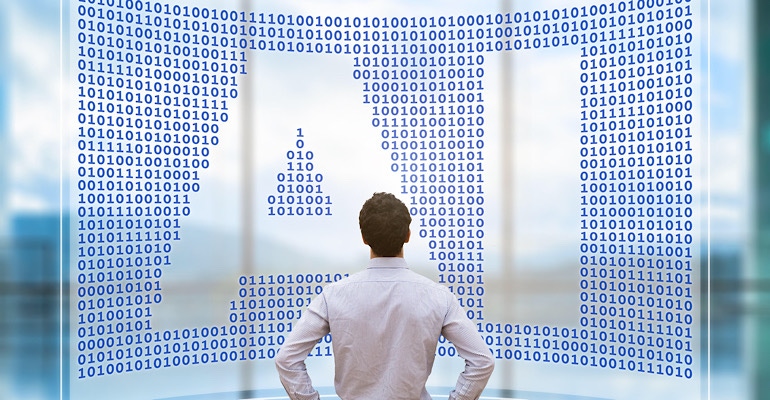AI & Machine Learning’s Impact on the Role of Software Engineers in Medtech
Dave Saunders, CTO and Co-founder of Galen Robotics, spoke during IME South about how medtech companies have to redefine the role of software engineers because of the growing impact of AI and machine learning.
June 16, 2022

CHARLOTTE, NC – As machine learning and artificial intelligence are becoming more prevalent in healthcare – medical device companies must rethink the role of the software engineer.
Dave Saunders, CTO and Co-founder of Galen Robotics, took on this question Wednesday, during a panel titled Digital Tech in the OR: How to Plan for SaMD& AI in Your Medical Devices,” at IME South.
He said that there must be preparation when building out a staff to handle incorporating AI and ML into a technology.
“I feel it’s a very bad idea to just take a coder and hit then suddenly hit them with a magic wand and say they are the A.I. [person],” Saunders told MD+DI. “I think it’s really important – almost from the beginning - to have someone in the AI department have a strong background in statistical analysis.”
Saunders added, “they need to understand the nature of the problems they’re throwing at the machine learning algorithms and then have a department that really understands the needs of machine learning and tidy data so they can police those issues. If you’re writing code, you have a different set of drivers, you have a different set of challenges and so you might not look at data or organizational data in the same light as data scientists.”
AI and ML are hot spaces in the medtech industry and many established companies have gotten into the space through acquisitions.
In 2018, Medtronic is a prime example of this when it acquired Nutrino, a company that uses artificial intelligence for nutrition-related services.
And in 2019, the Dublin-based company acquired Klue a software company focused on behavior tracking that can provide real-time insights into when a person is consuming food.
Interestingly enough, Microsoft went in the opposite direction. The tech company acquired Nuance, a cloud and AI software specialist to gain a larger foothold into healthcare.
About the Author(s)
You May Also Like



.png?width=300&auto=webp&quality=80&disable=upscale)
